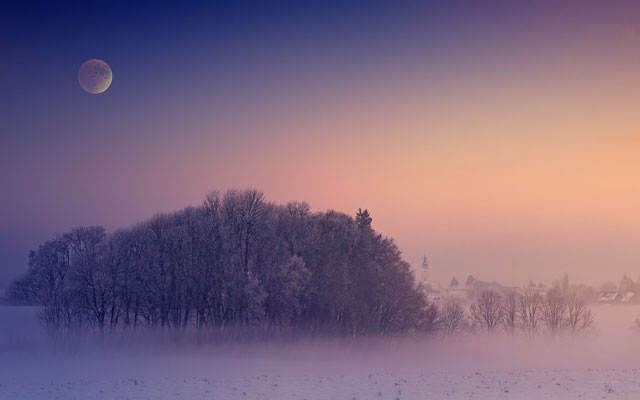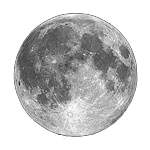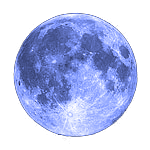November - The Beaver Moon
While October's "Hunting Moon" refers to humans sourcing meat ready for winter, November's moon describes animal preparations. Meet the "Beaver Moon", named after the busy North American rodents.

Beavers are known for being active animals (hence "beavering"), and they really ramp up their efforts in the run-up to winter. This involves working on their lodges (the dens they build in the middle of their famous dams), making sure they're in good shape for the colder months. Beavers don't hibernate, but they do like a cosy home. Because they're largely nocturnal, the best chance of spotting a busy beaver is on a moonlit night.
The Beaver Moon is one of the many native American terms we use for full moons. Most of the other North American moons are named for the suddenly sharp weather conditions: there are frost and freezing moons, and as the Kalapuya beautifully puts it, "Time to move indoors" moon.
The Celts had a more dramatic turn of phrase, using the name "Darkest Depths Moon". In Celtic tradition, the last full moon before the Winter Solstice (around 21 December) is the "Mourning Moon". Sometimes this falls in November, sometimes December. For the Celtic people, the Mourning Moon was a time for cleansing and as we might put it today, "letting go" of the past along with unhelpful habits or emotions.
Moon phase today

Waxing Crescent
Next full moons
-
3rd January, 2026

-
1st February, 2026

-
3rd March, 2026

-
2nd April, 2026

-
1st May, 2026

-
31st May, 2026
